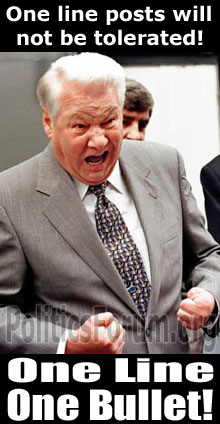Dr House wrote:Since government action is by very definition violent, by permitting this to be done what we are saying is "you have not done violence on others, but because you harmed yourself we give the police permission to inflict violence upon you".
But dependence prevents you to make correct judgments. And it puts you in a position where you will probably harm others to find the money you need.
A similar situation occurs with suicide: there may be valid reasons to end your days but in most cases suicide is committed by depressed people who will see things differently after a proper therapy. Their depression was preventing them to make correct judgments. Blindly following your logic would mean that you should be jailed for preventing a suicide.
I cannot make a decision on drug trade, both sides' arguments are flawed and toxic.
And more generally, as much as I admit the libertarian position's merits in other cases, I simply do not want to live in a world where you can willingly enter slavery or a manhunting TV reality show, or sell your body to the cannibal butchery after your death. I do not want to live in multikuti libertarian district #19, I want to live in a country that resembles me, with a large but bounded freedom.












 in advance.
in advance.


 - By Tainari88
- By Tainari88 - By Rancid
- By Rancid